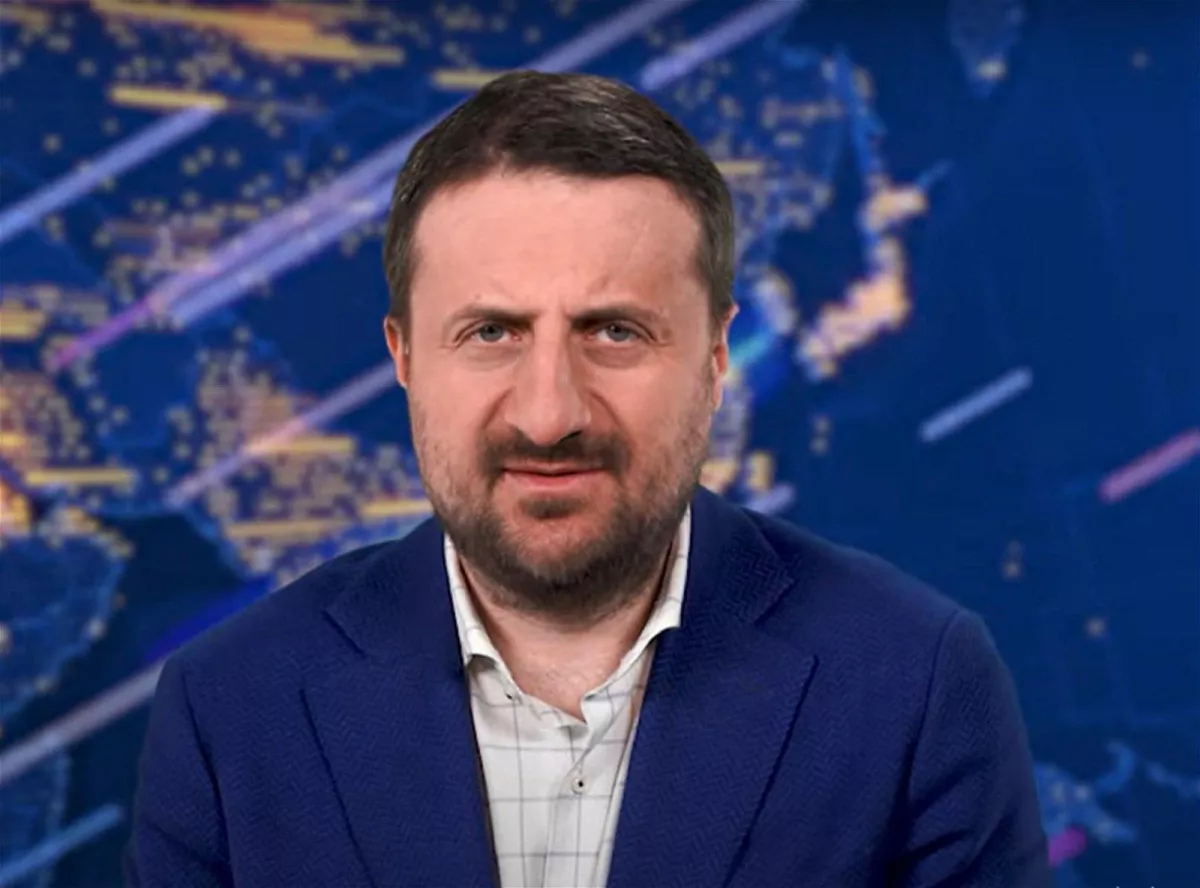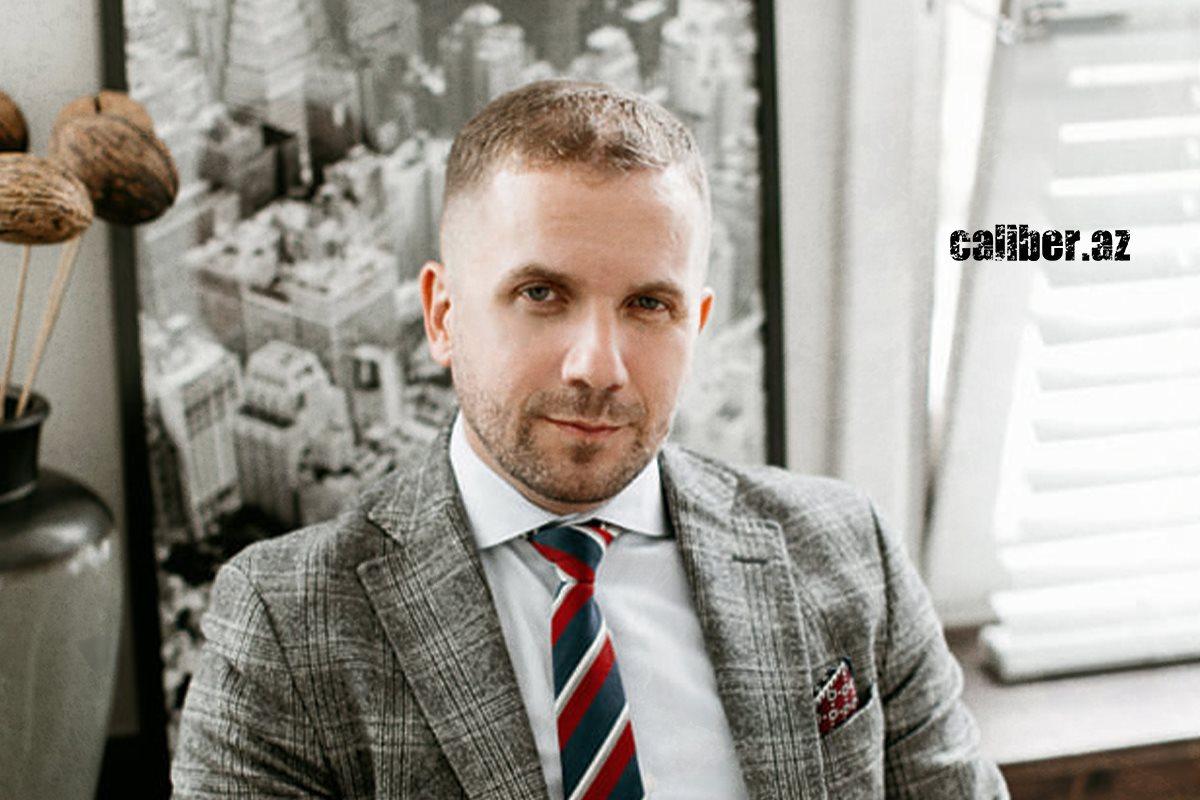Trump’s ultimatum, Putin’s silence Experts discuss US president’s 12-day deadline for Russia
U.S. President Donald Trump stated that instead of the previously mentioned 50 days, he is giving Russia only 10–12 days to reach an agreement with Ukraine. If peace is not achieved, the U.S. president threatens to impose secondary sanctions on Russian oil exports. Thus, the deadline for Russia is Friday, August 8.
Trump’s sanctions imply 100% tariffs on buyers of Russian oil, which essentially means a halt to trade with major importers, including India, China, and Türkiye. Consequently, the White House chief is forcing all Russian oil purchasers to face a harsh choice: either trade with the U.S. or face sanctions for cooperating with Russia.
However, several analysts in Europe express mixed opinions about whether Trump’s new ultimatum will spur Moscow into action. Some believe such a hardline turn might have the opposite effect and lead Russia to completely reject dialogue.
So, is Trump’s ultimatum capable of effectively influencing the course of Moscow-Kyiv negotiations? Caliber.Az addressed this question to Ukrainian and Russian experts.
According to Ukrainian analyst and political technologist Taras Zagorodny, Trump’s statement regarding Russia came almost immediately after his agreements with Europe, where on a number of key issues he managed to reach a U.S.-favourable consensus, especially concerning the supply of American energy carriers to the EU.

“The United States has long criticised Europe’s dependence on Russian oil and gas. Despite all the sanctions, European countries still purchase energy resources from Russia worth approximately 25 billion euros per year. This has become one of the reasons for Trump’s tough tone.
The second factor is military supplies. When the U.S. president hears about money, especially in the context of deals and contracts, his rhetoric instantly becomes harsher. He prefers to achieve advantages by any means—political and economic,” the expert noted.
Zagorodny also linked Trump’s ultimatum to pressure on China and the desire to strengthen the United States’ negotiating position in other areas.
“It is important to understand that the American president can impose such sanctions bypassing Congress, as has already happened, for example, with Venezuela. There, secondary sanctions were introduced through executive orders. Trump still has this option, especially if he declares a state of emergency in the energy sector. In that case, the White House chief could act even before the established deadline,” he said.
The expert emphasised that the ambiguity regarding weapons supplies to Ukraine is part of the strategy to pressure Russia: “The U.S. has confirmed arms deliveries but has not specified what kind of weapons are involved. This was likely done intentionally—to create uncertainty and nervousness in Russia. Tactically, this strengthens Ukraine’s position in the negotiations.”
However, according to him, no negotiations are possible while Putin remains in power.
“There can be no talk of any ceasefire or dialogue. Putin has bet everything on war. Accepting the U.S. proposal for a ceasefire would give him temporary respite, but it would also signal weakness, which for him is a risk of losing power. Putin cannot agree to a ceasefire because he has already issued an ultimatum in advance: Ukraine must leave the four regions that Russia has included in its constitution and abandon its NATO membership ambitions. This is absolutely unrealistic. No one will agree to such concessions, even if Trump tries to pressure Kyiv,” the expert emphasised.
In his view, Russia’s internal political culture also does not allow Putin to retreat from his stated positions: “It is a Russian tradition—if a leader has declared a position, he cannot later back down without losing legitimacy. This is another reason why I believe Trump’s statement will not affect the negotiation process in any way.”
He also expressed doubt about the sincerity of any statements from the parties involved in the so-called “negotiation track.”
“We constantly hear comments on this topic—from Peskov, Medinsky, or Lavrov. But all this is just an illusion of dialogue. Russia pretends to be open to peace but simultaneously puts forward deliberately unacceptable conditions. Yet at the same time, Moscow does not contradict Trump, continuing to simulate the search for dialogue,” the expert said.
Touching on Türkiye’s role, he noted that this country could also suffer from potential sanctions by Trump.
“Erdogan has his own interest—he wants to demonstrate that he can be a mediator and is offering a platform for dialogue. But if the U.S. hits Russian energy with sanctions, this will automatically affect Türkiye as well, since it also imports Russian oil. As a result, Türkiye will face double pressure: from the EU, which has already imposed restrictions in its 18th sanctions package, and from the U.S.,” the expert explained.
According to him, he does not believe anything will change within the 12 days Trump has set.
“I see no grounds for a real breakthrough. All statements by Putin and Russian officials from last year until today follow the same line— a hard stance, refusal to compromise, and focus on a military solution to the conflict. I even believe that the Kremlin may try to attack one of the Baltic countries—not to capture territory, but to raise the stakes. This is much more likely than a willingness to stop the war. Because if Putin agrees to a ceasefire, he will instantly be seen as a traitor by his army and elites. Ending the war would also crash the Russian economy, which is tied to military contracts. The military economy is the last crutch holding Russia up,” concluded Zagorodny.

In turn, Russian political analyst, Candidate of Historical Sciences, and Senior Research Fellow at the Centre for Post-Soviet Studies of IMEMO RAS (Moscow), Stanislav Pritchin, believes that Trump’s methods face “translation difficulties” for Moscow. Commenting on the reduction of the American president’s ultimatum deadline from 50 to 12 days, he noted that it is hard to see any strategic logic in this.
“The situation is as follows: Trump’s personal position, initially quite pragmatic towards the Russian Federation, was under strong pressure both from the lobbying machine and the entire U.S. state apparatus, where anti-Russian attitudes have effectively become the basis of foreign policy consensus. At all levels, Trump’s entourage mostly worked to toughen his stance toward Moscow. Therefore, from the very start of the negotiation process, it was felt that Trump, as a politician, lacked a deep understanding of the complexity of what was happening and did not have a strategic vision for resolving the conflict. This is precisely what led to the process starting without a clear understanding of its format, stages, and—most importantly—goals,” the expert said.
He added that even Trump’s initial statements, which mentioned a 50-day ultimatum, raised questions: “Even with the original deadline, we do not understand what exactly Russia was supposed to do to meet Trump’s demands. What were those demands concretely? That Moscow stop military actions against Ukraine? Or was it about broader concessions? From the very beginning, this was unclear. And now, with the deadline suddenly cut to 12 days, it remains completely unclear what exactly must happen during this time and why he agreed to this reduction at all. All this points to Trump’s lack of a clear strategy.”
According to the political analyst, such statements do not cause alarm in the Kremlin and do not alter Moscow’s course.
“In response to such ultimatum-style moves, the Russian leadership generally maintains a calm position. No one takes these statements seriously. In Moscow, they proceed based on the current negotiation process, which is indeed ongoing on several fronts. There are prisoner exchanges, and the bodies of fallen Ukrainian soldiers are being returned. So, despite all the rhetoric, negotiations are continuing at a technical level—at least to the extent possible,” the expert said.
He also commented on the U.S. president’s desire to punish Russia economically.
“As for sanctions, there is still no clear understanding of how far Trump is willing to go. The most radical scenarios being discussed in the American political establishment involve imposing maximum prohibitive tariffs on all countries engaged in any economic relations with the Russian Federation—primarily in the energy sector. But if Trump opts for such a scenario, it would deal a serious blow to the global energy market. Whether he is ready for that remains a big question. As for all other sanctions, we can see how many have already been introduced, and for the most part, they have been exhausted. The U.S. has now chosen its main tactic—to impose tariffs on anyone who continues to engage with the Russian Federation,” Pritchin concluded.








